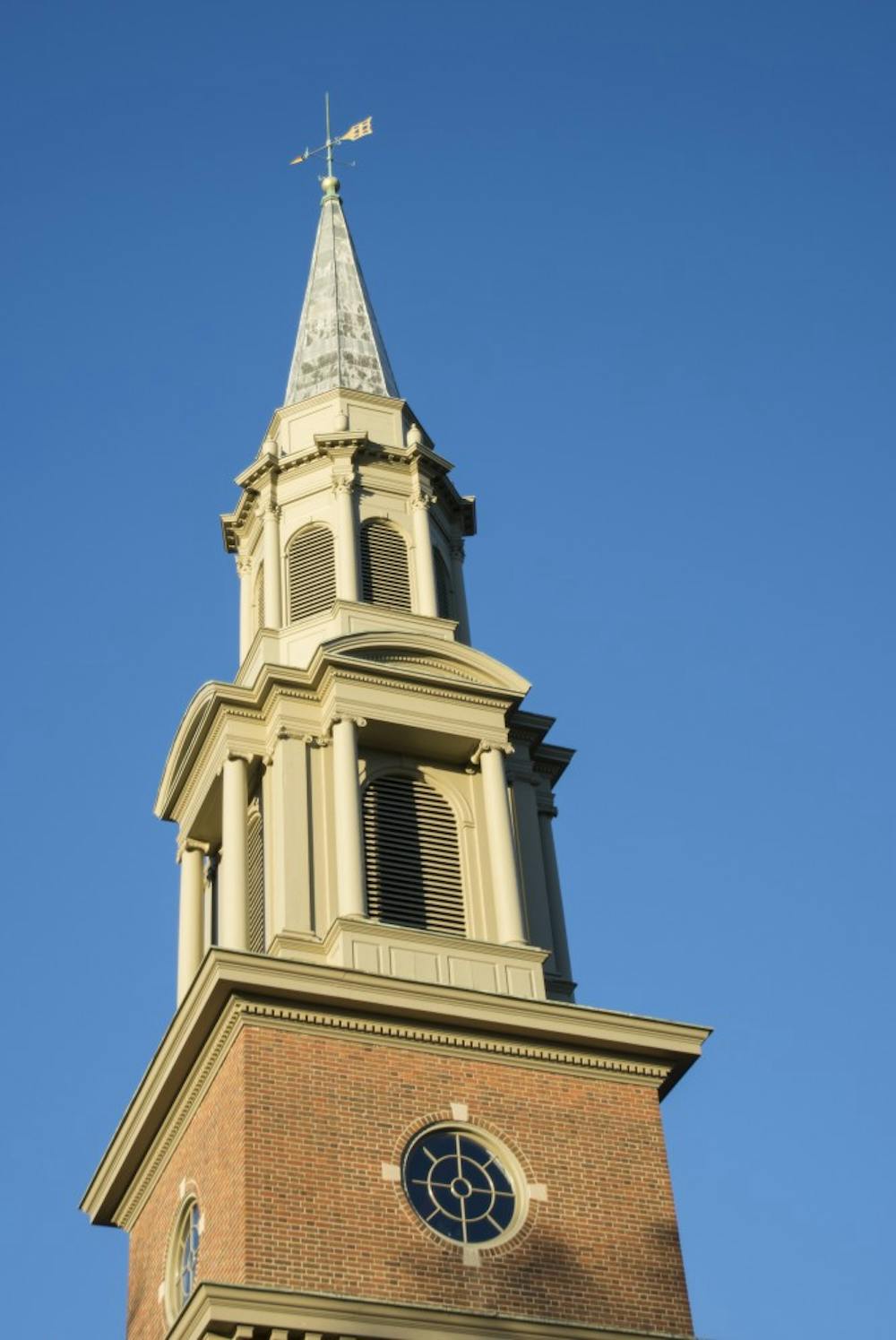A high school in Indiana has changed its Christmas program after being sued by the Freedom From Religion Foundation, but a biology professor said students should not be afraid of challenging their beliefs.
Concord High School in Elkhart is being sued by the Freedom From Religion Foundation (FFRF) and the American Civil Liberties Union (ACLU) after a complaint was made by the "Doe" family about a Nativity scene in its holiday program, the Christmas Spectacular.
The scene has been part of the program for “decades,” according to the Elkhart Truth. The program also includes reading from the Bible. However, the FFRF said the presence of the Nativity scene as a “well-recognized symbol of the Christian faith…represents an endorsement of religion by the high school and the school corporation.”
Since the original complaint was filed on Oct. 7, Concord High School has announced there will no longer be Bible readings in the program, and the histories of Hanukkah and Kwanzaa will be included.
The Nativity scene will still take place, though the "Doe" family wants even rehearsals of the Nativity scene to be canceled until the issue is resolved.
Similar issues with religious influence in the classroom have happened at Ball State. In 2013, Eric Hedin, a physics and astronomy professor, had a complaint filed against him in one of his Honors courses. The complaint stated Hedin was “preaching rather than teaching.”
Stephen Gasior, an Honors professor of biology, said he makes a statement at the beginning of each semester stating he is “not [teaching] with the intent to change anyone’s belief systems.”
He said his job as an instructor is to be straight with students in his area of expertise, meaning he will not beat around the bush to appease those who may have pre-existing beliefs that conflict with concepts and facts derived from scientific inquiry, experimentation and professional review.
“If scientific knowledge conflicts with a student’s beliefs, I tell them to approach my class like a class on Greek mythology,” Gasior said. “You have to learn the material, but you don’t have to adopt those beliefs.”
In his class, he emphasizes the process of science in his class, meaning hypotheses and experimentation. However, because it is a biology course, Darwin is on the reading list. Gasior said some students may drop the course because of this but also knows this isn’t the only reason.
“I don’t feel like I have to beat around the bush,” he said. “If I did that, I would be taking away an opportunity for intellectual growth.”
Bryce Sigsbee, a freshman biology major, said he is for the separation of church and state, especially in public schools. He thinks everything should be open for discussion.
“There’s no reason not to talk about evolution, especially in biology,” Sigsbee said. “Religion should be talked about in a way that’s respectful to everyone, but it shouldn’t have to be avoided. People shouldn’t have to beat around the bush to talk about it.”
Gasior does not believe that science and religion cannot work together. In fact, he has seen some who approach science as God’s creation, and by learning science, they better understand the world God created.
He sympathizes with students who come into his class with different religious backgrounds. However, he doesn’t think their backgrounds should influence their performances in a class.
“It must be hard for students with a religious background to come to college wanting to respect an authority figure who constantly challenges their beliefs,” said Gasior. “However, I’ve seen it before where students come in with a set of beliefs and knowledge but are willing to engage in class—learn and do the science—and still do well without changing their beliefs.”
He said it’s important for students in college to be open to new ideas, even if only for the purpose of reinforcing why they believe what they do.
“[College] is a time to develop, grow and listen. It’s a time to learn to understand a variety of things,” Gasior said. “I find it disappointing when students have a closed mind to something that’s supposed to expand their mind.”





